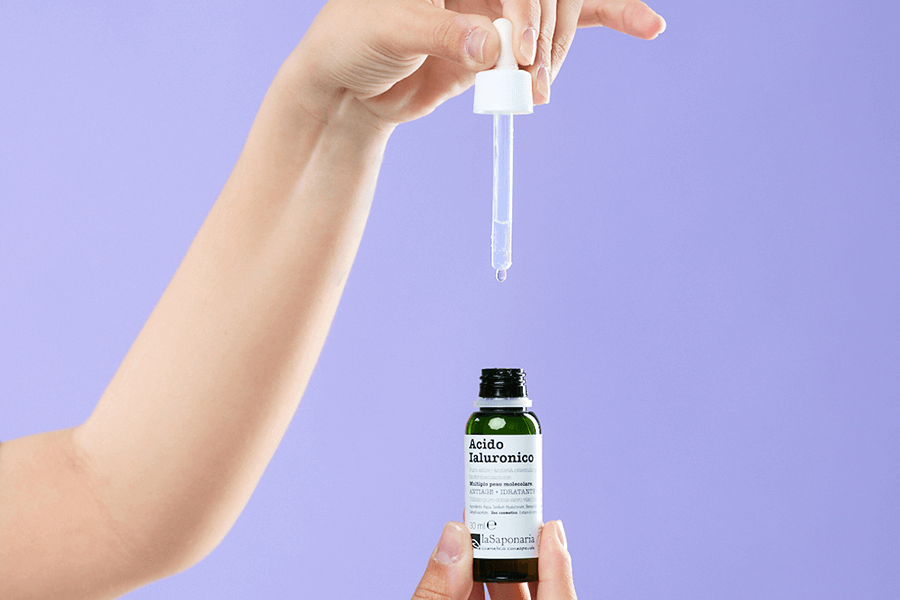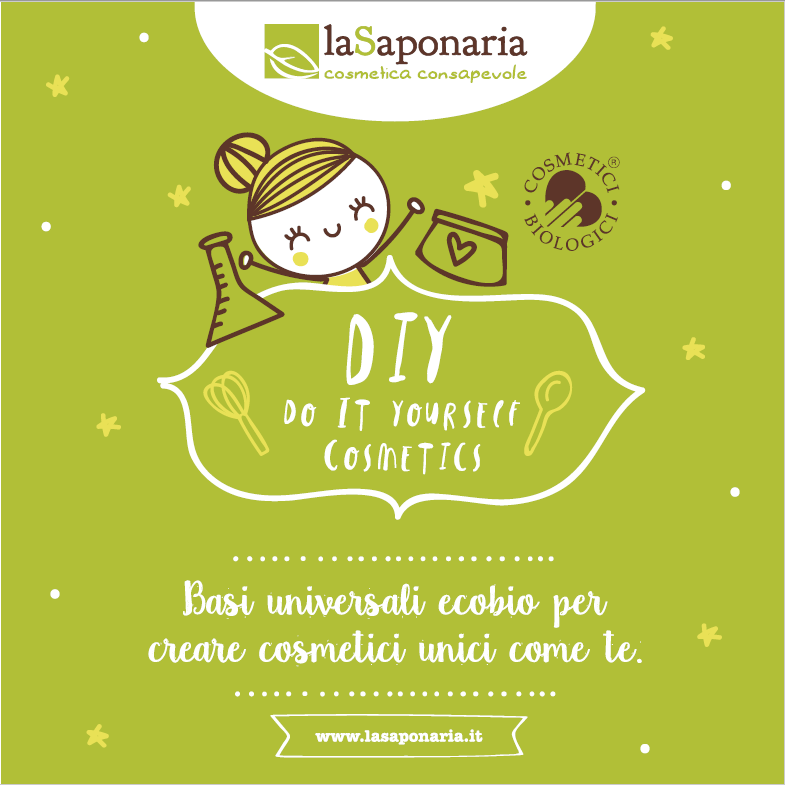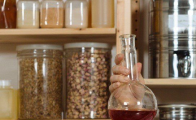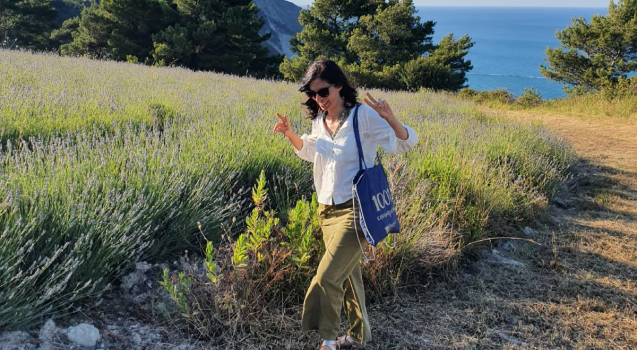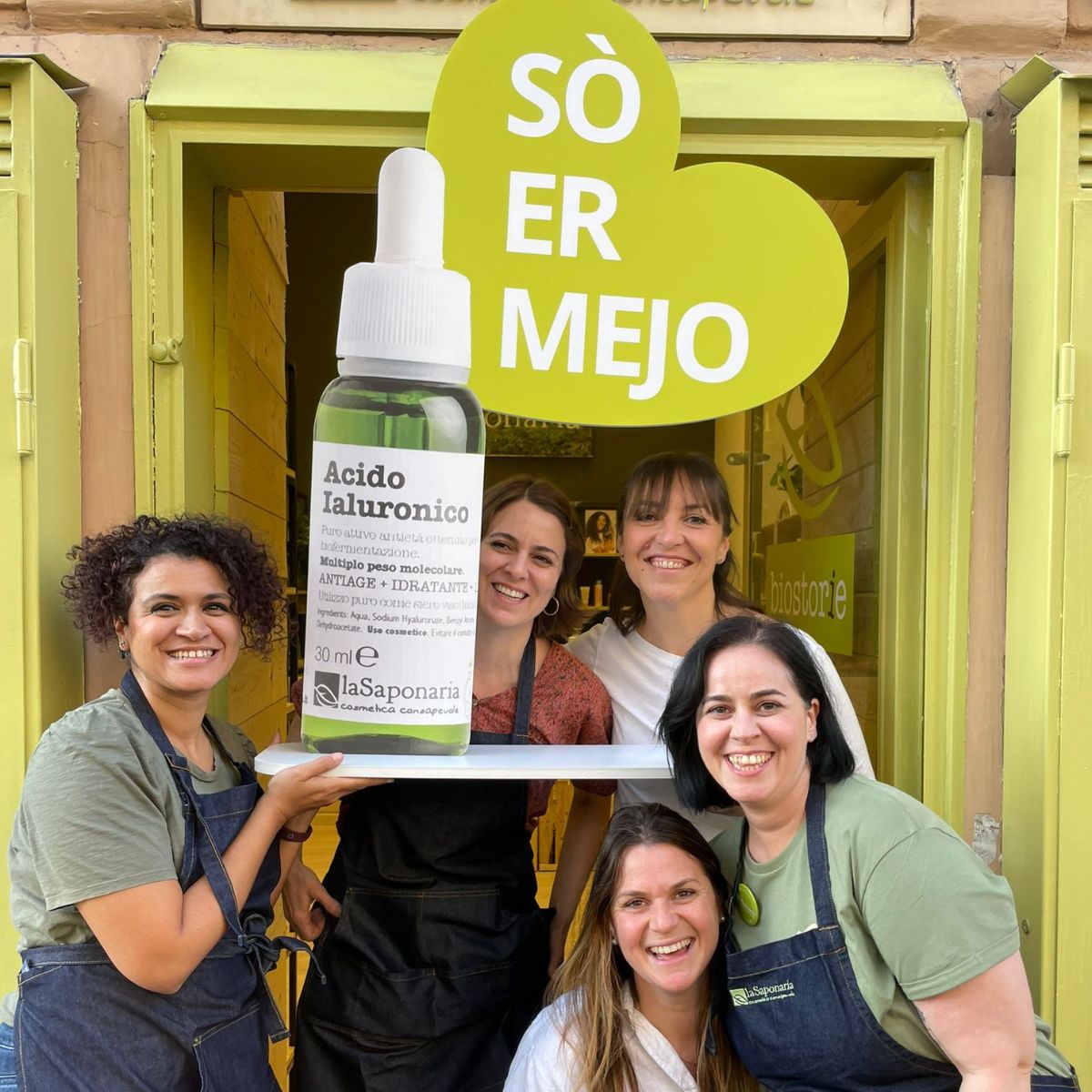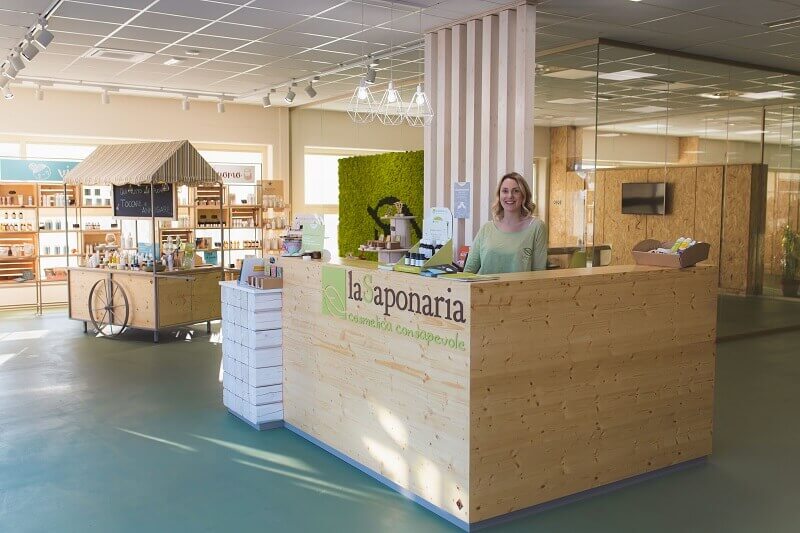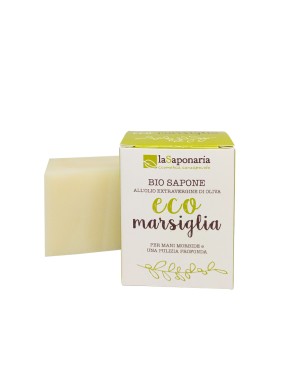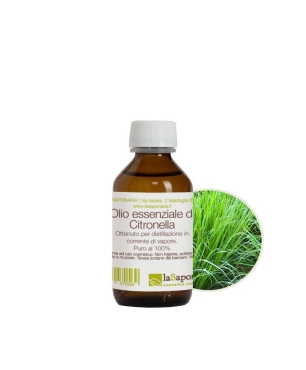- Call us! +390721 911004
- Write a message
- Whatsapp +39 377 3844777
- Become a reseller
- Test and E-book
- Location and contacts
-
MenuBack
-
Organic cosmetics
-
-
space
-
-
-
-
-
-
-
Discover your routine
-
-
Skin care
-
Hair care
-
Body Care
- Best sellers
- Routines
-
DIY
-
-
space
-
-
-
-
-
-
PRODUCTION TOOLS
-
-
DOWNLOAD THE RECIPES
-
-
-
Organic library
-
-
BEAUTYBLOG
-
-
-
GLOSSARY
-
-
-
DO-IT-YOURSELF RECIPES
-
-
-
TEST AND E-BOOK
-
-
About us
-
-
space
-
-
-
-
-
PHILOSOPHY
-
-
-
NATURAL COSMETICS
-
-
-
FLAGSHIP STORES
-
-
-
Sustainability
-
-
space
-
-
-
BENEFIT COMPANY
-
-
-
ETHICAL CHAIN
-
-
-
SUSTAINABLE PACKAGING
-
-
-
SUSTAINABILITY IN THE COMPANY
-
-
-
Supported projects
-
NOTICES AND AWARDS
-
-
-
Business Area
-
-
space
-
-
-
OPEN A FLAG SHIP STORE
-
-
-
BECOME A RESELLER
-
-
-
PRIVATE LABEL
-
ACCOMMODATION FACILITIES
-
-
-
RESELLERS LOGIN
-
-
-
Resellers
-
-
RESELLERS RESOURCES
-
-
-
OPEN A FLAGSHIP STORE
-
ACCOMMODATION FACILITIES
-
PROMOTIONAL MATERIAL
-
-
-
RESELLERS NEWS
-
REGISTER YOUR SHOP
-
-
-
BODY CARE LINE 2025
-
-
-
CHRISTMAS GIFT
-
-
- Store locator
Lemongrass

INCI NAME:
Cymbopogon Nardus Oil
ORIGIN:
Vegetal
FUNCTION:
Repellent, perfume, anti-inflammatory, astringent
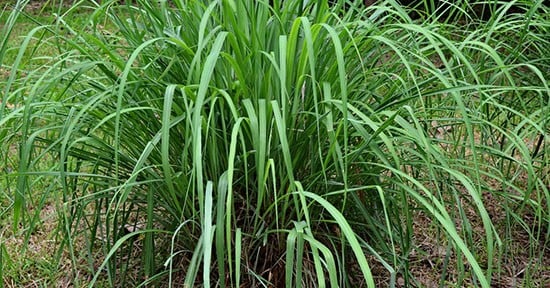
This is an automatic translation
Lemongrass (Cymbopogon nardus) is a perennial and evergreen herbaceous plant native to the warm and tropical regions of Southern Asia.
The plant comes in the form of a very leafy tuft, made up of rather thick, drooping, ribbon-like leaves with sharp edges, of a beautiful bright green. It grows to a maximum of 1 meter and generally ends in a final white bulb.
The peculiarity of this plant is that both the leaves and the stems give off an intense citrus scent (similar to that of lemon), which intensifies greatly if you rub the leaves with your hands. These plants are grown in a sunny or semi-shaded place, they can't stand the cold and therefore they are generally grown as annuals, or they are kept in pots so that they can be sheltered during the coldest months of the year.
Lemongrass essential oil, extracted by steam distillation from the partially dried leaves, it is yellow in color and has a very strong smell, not very pleasant but certainly effective and is known above all for its repellent properties against mosquitoes and other insects.
In the cosmetic field it is used to give a pleasant fragrance.
Due to its antiseptic action it can be found in deodorants, an excellent adjuvant to counteract sweating.
In aromatherapy it is used for its anti-stress and soothing properties, it would seem to be effective for the treatment of headaches and migraines caused by anxiety states.
Furthermore, in the therapeutic field, lemongrass shows an anti-inflammatory action and is a valid natural remedy against pains affecting muscles and joints.
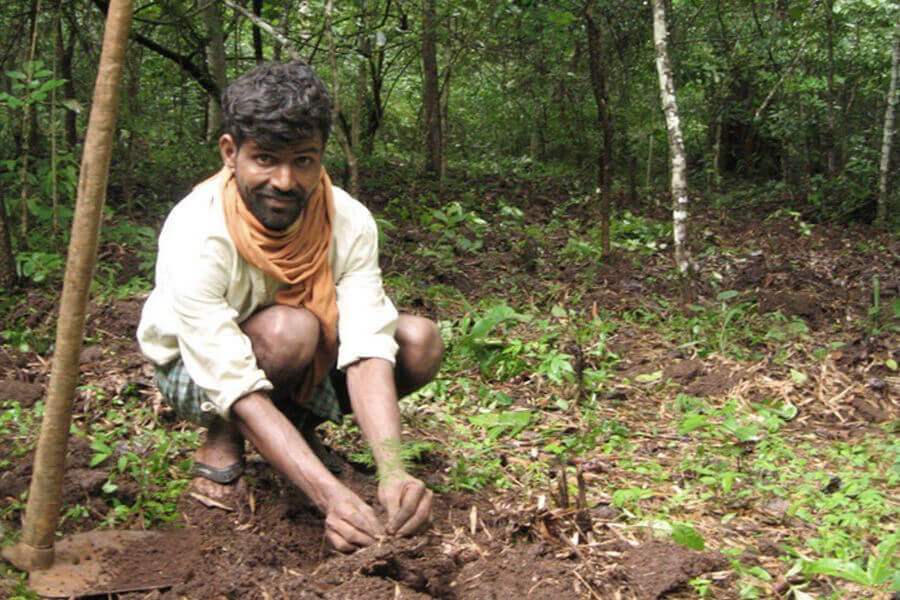
Fair trade supply chain
The officinal herbs that we use for our products come from Phalada, an Indian company in Bangalore active in the promotion of organic farming and in the marketing of related products from numerous small agricultural producers (about 1400 for a total territory of 10,000 acres in all India), specialized in the cultivation of spices, herbs, medicinal and aromatic herbs, and coffee.
All these small farmers receive organic certification after a long training course conducted by the company itself, focused on organic cultivation techniques but also on marketing and business management. This guarantees small farmers a secure source of income and allows them to free themselves from dependence on chemicals (fertilizers and pesticides) which are often very expensive, all following a single principle: maintaining an ethics that guarantees respect for both humans. than of nature. Phalada ensures that farmers receive fair compensation for the product sold and conducts regular inspections to ensure that the entire production chain, from seed to final packaging, is compatible with the holistic approach supported by the company.
Phalada also promotes cultural and social projects such as the one aimed at spreading the use of Ayurvedic medicine or literacy in rural areas. Phalada runs an Ayurvedic clinic and herb processing laboratory and a college for the training of doctors and social workers. Since 2006, it has also financed an elementary school in a rural location inserted in the social and productive context of herb and spice growers. Phalada, with a part of the proceeds from the sale, supports the salary of teachers and promotes specific training relating to the cultivation and use of medicinal herbs.

